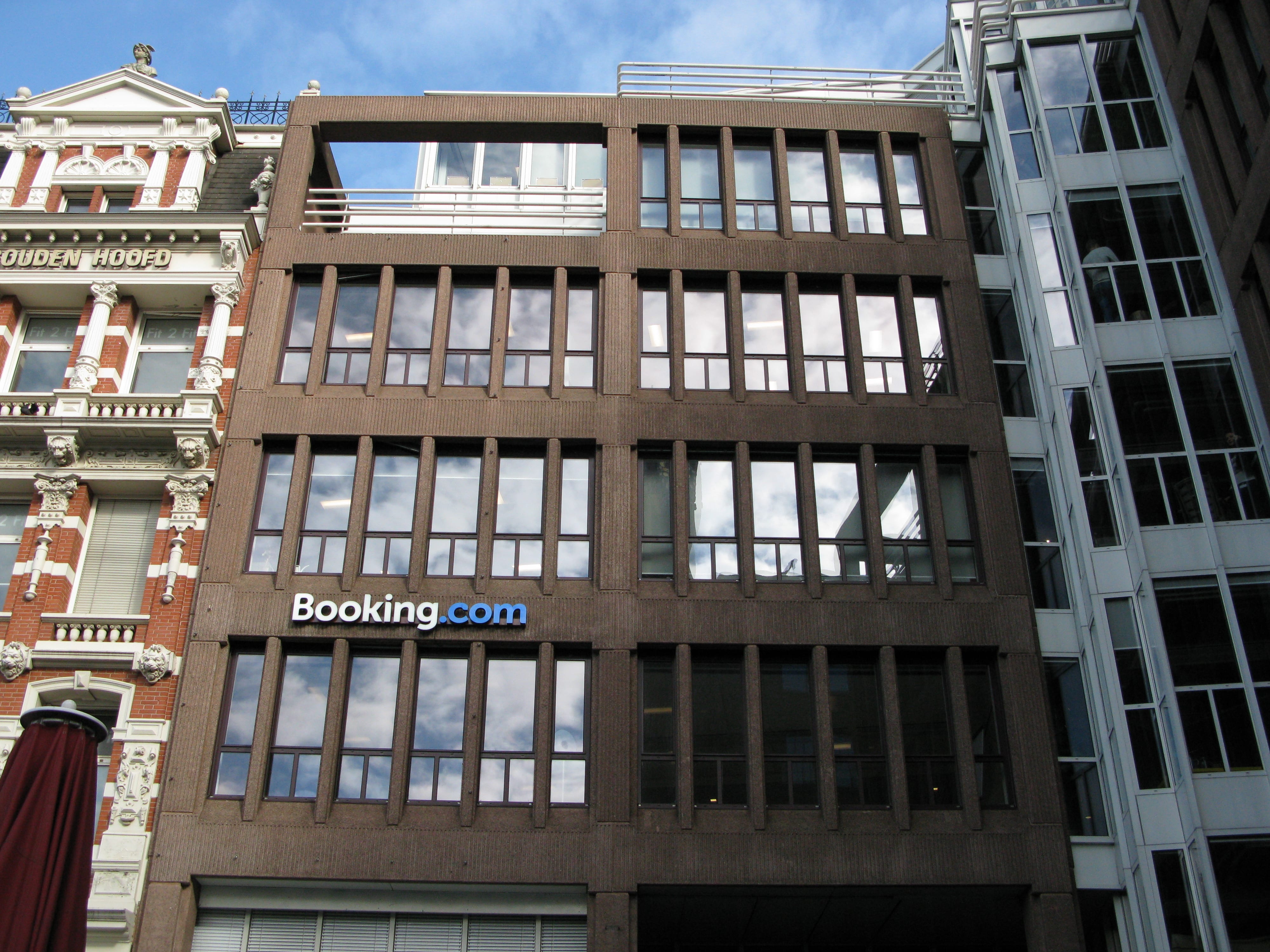In re Booking.com and Website Domains.
The Trademark Trial and Appeals Board (TTAB) recently decided that a trademark on ‘booking.com’ should not be extended because it was merely descriptive, and therefore generic.[1] While the TTAB arrived at this conclusion for several reasons (they looked at dictionary definitions, common usage, and slang to name a few), their reasoning surrounding the URL-based mark was interesting.
Normally, and to a certain extent in this case, the TTAB separates the URL into two parts – the website name and its top-level domain element. For example, the TTAB would evaluate hotels.com through looking at “hotels” and then “.com”.[2] The TTAB did this to ‘Booking.com,’ finding that ‘booking’ and ‘.com’ were both descriptive and, therefore, entirely descriptive together.[3]
The TTAB then evaluated other businesses with similar URLs. The TTAB looked at sites such as hotelbooking.com and instantworldbooking.com. Since they contain booking.com, the TTAB argued that the trademarks were not appropriate.[4] While separating out the URL is a regular practice used to reject trademark applications, the singular nature of URLs may make this step seem strange.
However, the TTAB ultimately decided that because the registration of booking.com could cause issues for websites with similar and more specific URL-naming schemes, the website should not be granted its trademark application.[5] This decision allows other similar service providers the ability to use this generic term referring to travel services. Since booking.com is not amenable to trademark protection, other travel-oriented websites will be able to use this generic term in advertising their services to consumers.
Discussing: In re Booking.com B.V., Ser. Nos. 79122365, 79122366 (TTAB Feb. 18, 2016)

